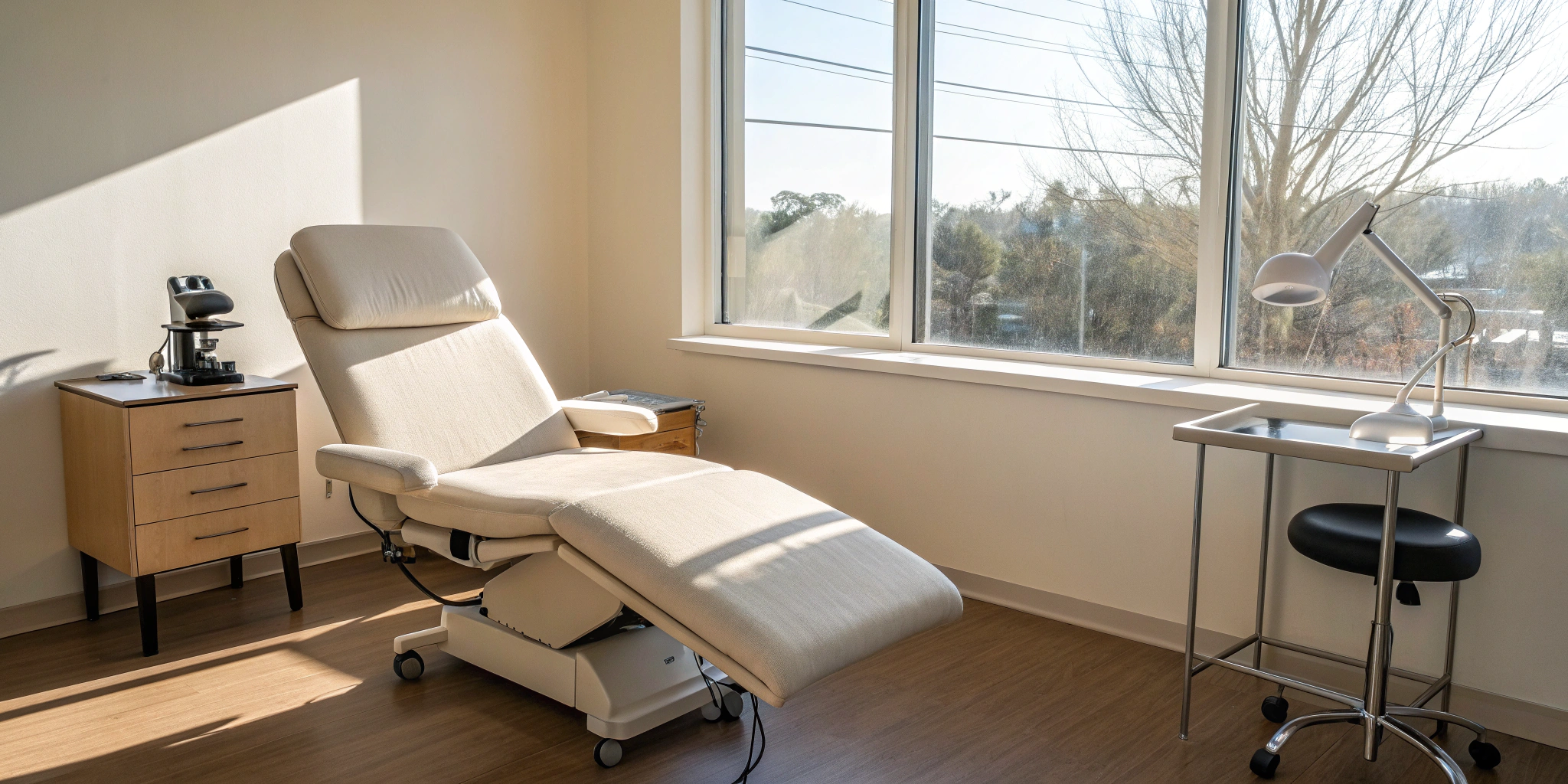When beginning a new therapy or developmental treatment program—whether it’s speech therapy, behavioral therapy, occupational therapy, or supportive regenerative approaches—one of the most common questions is: “What changes will I see?” Families often look for progress in speech, social skills, and behavior, since these areas greatly influence daily life and long-term independence.
Every person’s journey is unique, but understanding possible outcomes helps set realistic expectations, track progress, and work effectively with professionals.
Speech and Communication Changes
Improvements in speech and communication are often the first area families notice. Depending on the type of treatment, age, and individual starting point, changes may include:
- Clearer pronunciation and improved articulation of words
- A richer vocabulary, allowing more effective self-expression
- Longer, more complex sentences reflecting advanced thinking
- Better listening and comprehension skills for interactive conversations
Speech progress is gradual and requires consistency. Regular therapy sessions combined with at-home practice lead to the best outcomes.
Social Skills Development
Social skills therapies—often part of developmental programs—help individuals build stronger connections and relationships. Possible improvements include:
- Increased eye contact during communication
- Better turn-taking in conversations or group activities
- Greater willingness to join play, teamwork, or shared tasks
- Improved understanding of tone, gestures, and facial expressions
These gains often complement speech therapy, since communication and social skills naturally build on each other.
Behavioral Adjustments
Behavioral therapy and supportive interventions often lead to changes that reflect greater confidence and emotional regulation. Families may notice:
- Reduced frustration as communication skills improve
- Increased patience when waiting or following directions
- Fewer disruptive behaviors in social or learning settings
- More independence in daily routines
Behavioral adjustments usually develop over time. Some temporary challenges may appear as new skills emerge, but this is a normal part of learning.
Why Results Vary from Person to Person
The extent of changes in speech, social skills, and behavior depends on several factors:
- Age and developmental stage
- Frequency and quality of therapy sessions
- Presence of medical, neurological, or developmental conditions
- Consistency of practice at home and in real-world environments
Each treatment journey is unique, which is why professionals focus on personal milestones rather than comparisons.
Benefits and Possible Challenges
Potential benefits of developmental and supportive treatments include:
- Stronger communication skills and self-expression
- Improved confidence and independence
- Better participation in school, work, and social settings
Possible challenges include:
- Temporary frustration during learning periods
- Progress plateaus where improvements slow
- The need for continued therapy or support to maintain skills
How to Support Positive Changes
Families can maximize results from speech therapy, behavioral therapy, or supportive interventions by:
- Staying consistent with scheduled therapy sessions
- Reinforcing skills through daily practice at home
- Celebrating small victories and milestones
- Creating real-world opportunities for interaction
- Working closely with professionals to adapt strategies when needed
The Bottom Line
Whether through speech therapy, behavioral therapy, occupational therapy, or supportive treatments like regenerative medicine, meaningful improvements in speech, social skills, and behavior are possible. Some individuals progress quickly, while others show gradual, steady growth.
The key is to set realistic expectations, remain consistent, and celebrate every step forward. With patience and persistence, therapy can significantly enhance quality of life by helping individuals communicate better, connect socially, and manage behavior more effectively.






